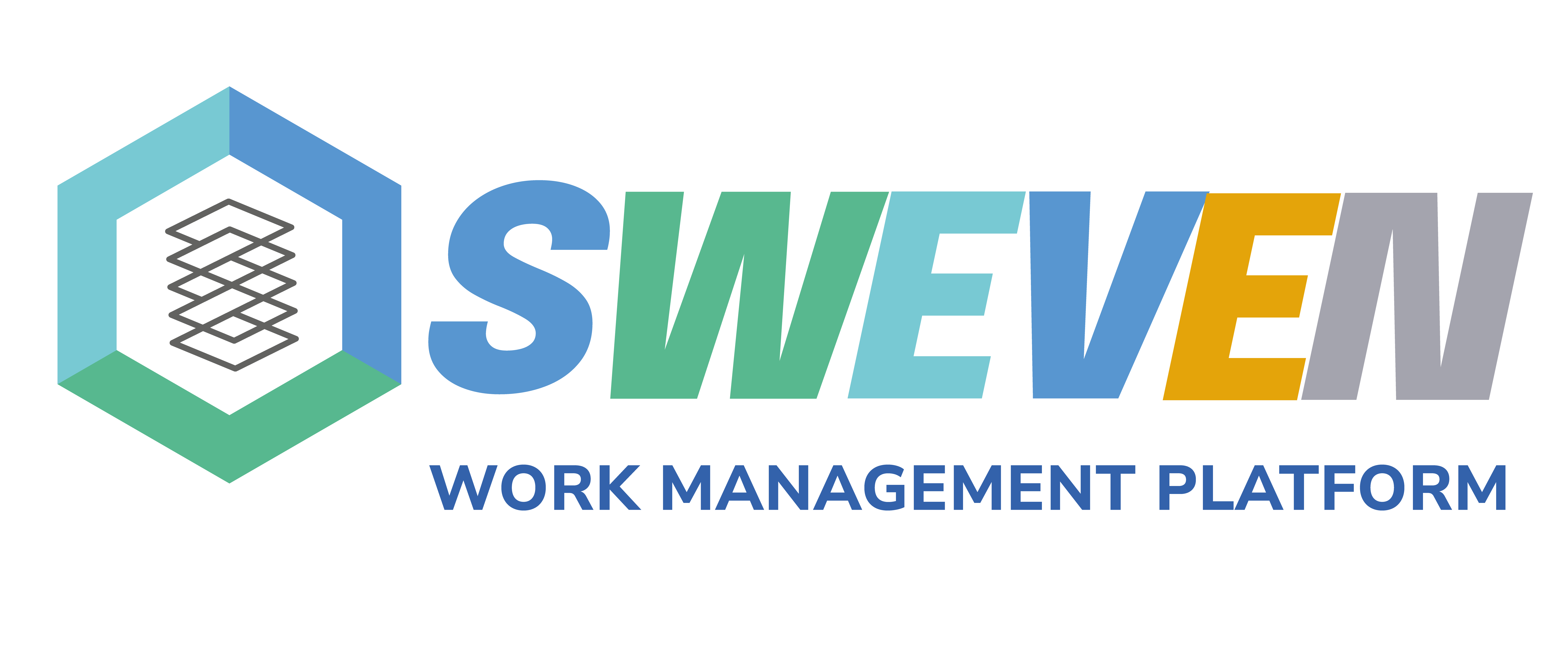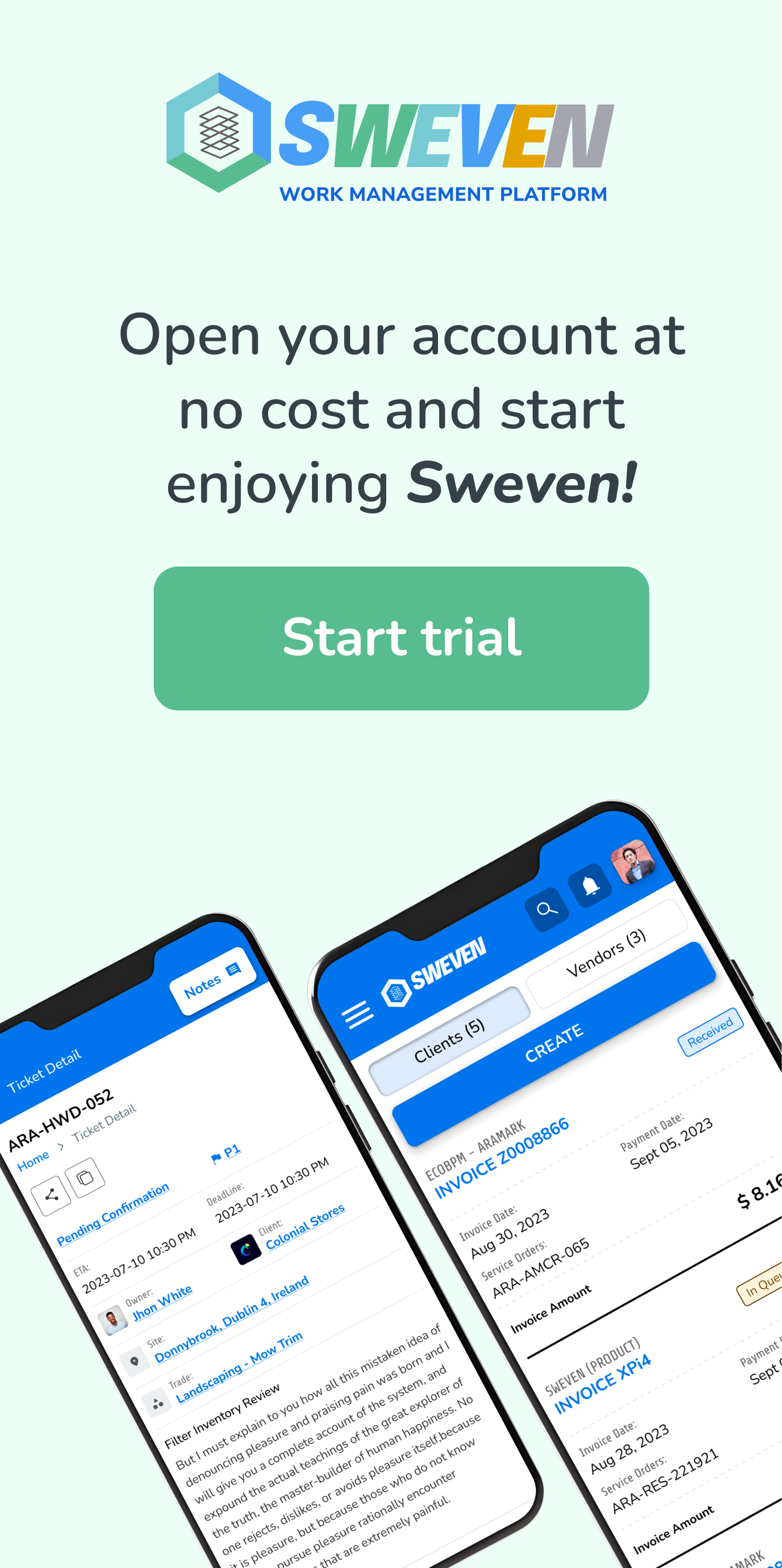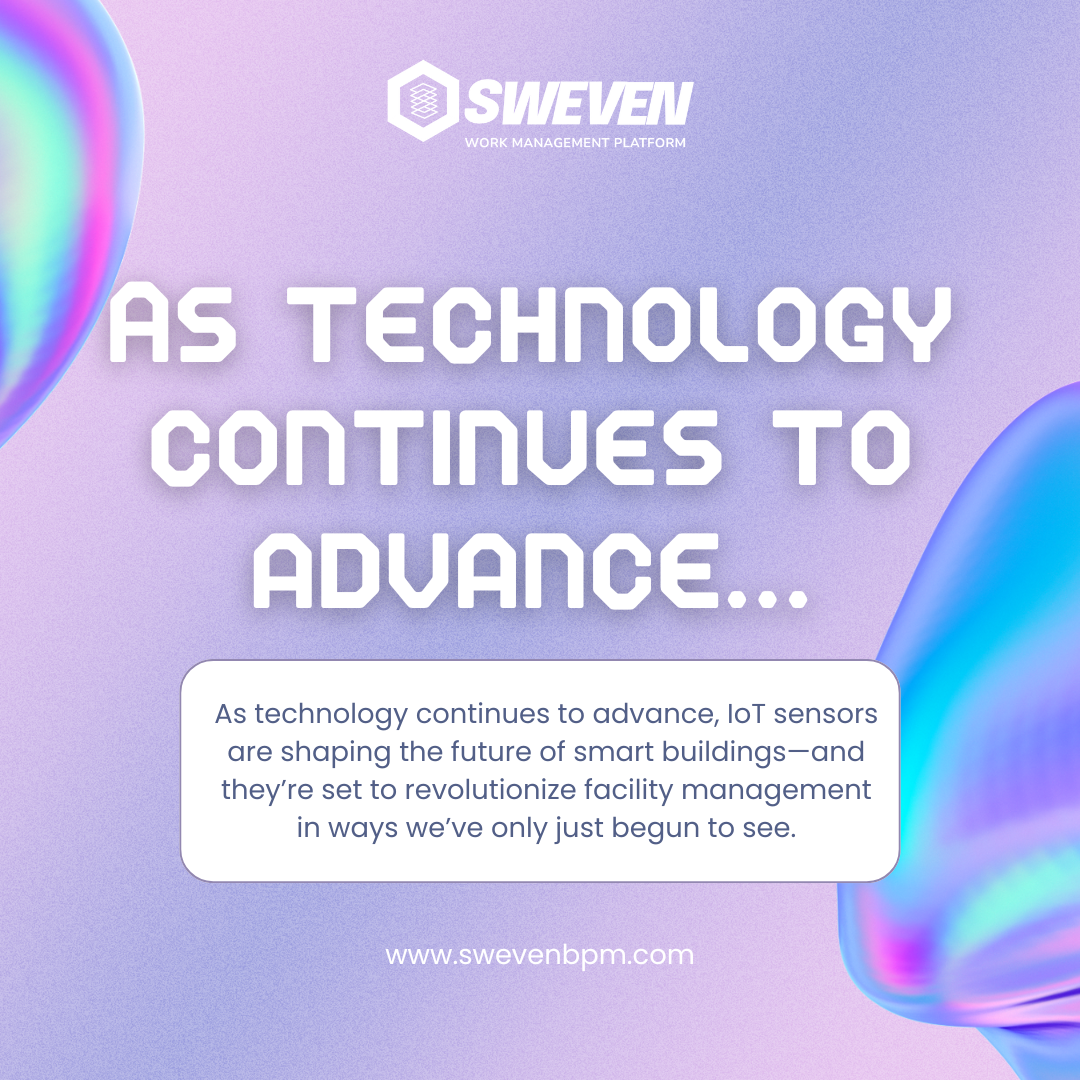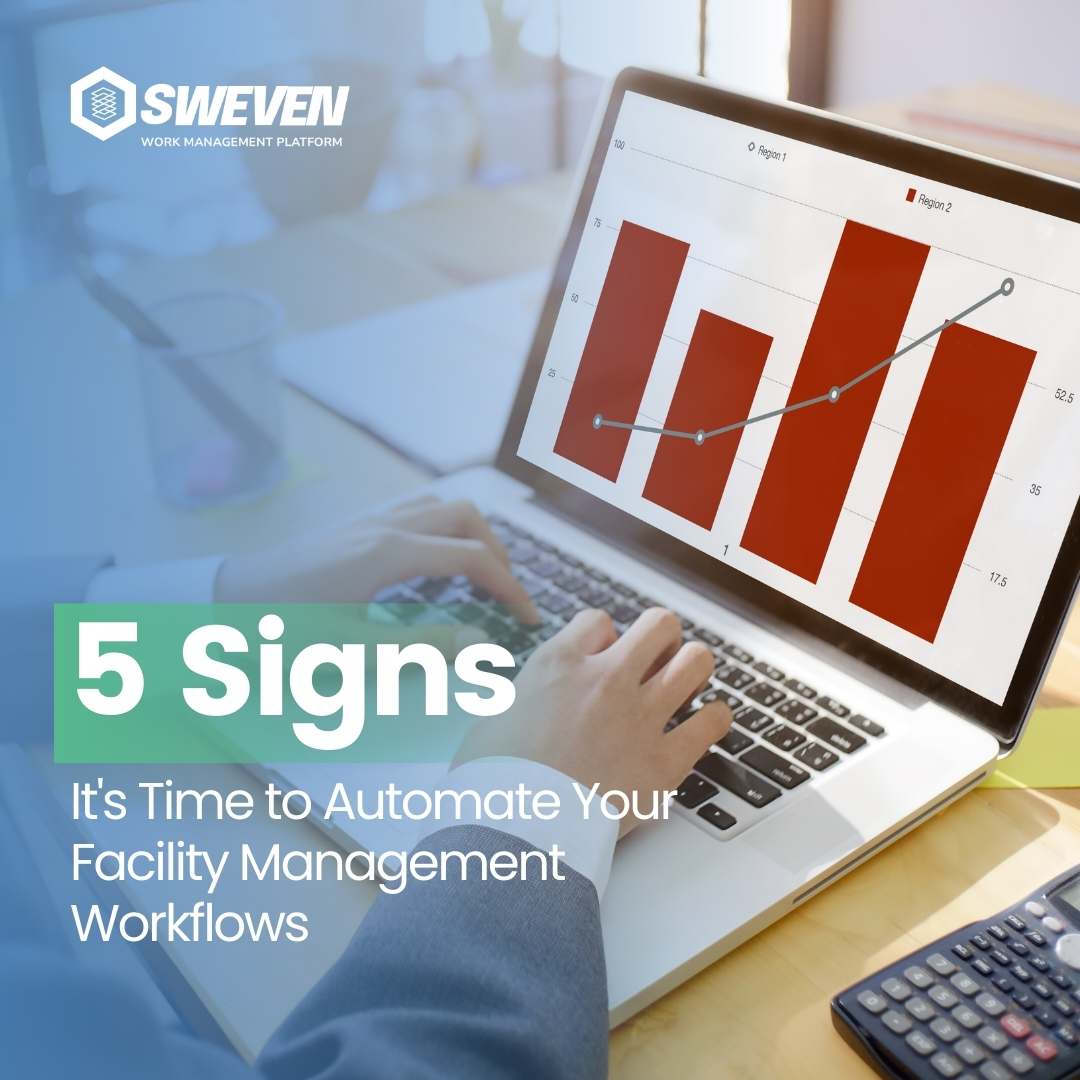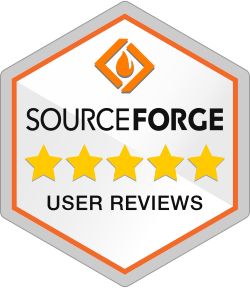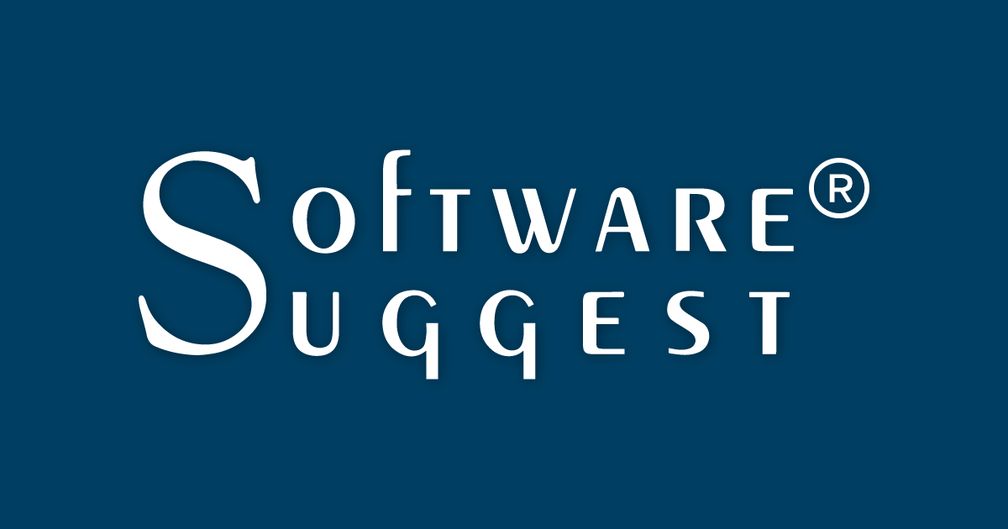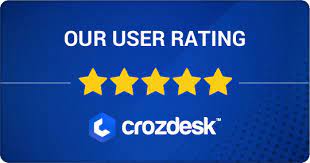
Predictive maintenance has emerged as a transformative approach in facilities management, offering proactive insights into equipment health and performance. However, the underutilization of predictive maintenance capabilities can lead to inefficiencies and missed opportunities for improving operational efficiency. Sweven recognizes the potential of predictive maintenance technologies and offers solutions to maximize their benefits through investing in advanced analytics and machine learning tools, integrating predictive maintenance into regular workflows, and training staff to interpret and act on predictive insights effectively.
Pain Point: Underutilization of Predictive Maintenance Capabilities
The underutilization of predictive maintenance technologies can result in several challenges:
- Reactive Maintenance: Without predictive insights, maintenance activities may be reactive, leading to unexpected failures and increased downtime.
- Missed Opportunities: Failure to leverage predictive analytics can result in missed opportunities to optimize maintenance schedules, reduce costs, and extend equipment lifespan.
Inefficient Resource Allocation: Resources may be allocated inefficiently, with maintenance efforts focused on routine inspections rather than predictive insights-driven strategies.

Solution: Strategies for Maximizing Predictive Maintenance Benefits
Sweven addresses these challenges by advocating for comprehensive strategies to maximize the benefits of predictive maintenance technologies:
- Investing in Advanced Analytics and Machine Learning Tools: Sweven encourages organizations to invest in advanced analytics and machine learning tools that analyze equipment data in real time. These tools identify patterns, anomalies, and potential failures before they occur, enabling proactive maintenance actions. By leveraging predictive algorithms, organizations can predict maintenance needs accurately and optimize resource allocation.
- Integrating Predictive Maintenance into Regular Workflows: Sweven integrates predictive maintenance seamlessly into regular maintenance workflows. By incorporating predictive analytics into existing management systems, organizations can prioritize maintenance tasks based on criticality and predicted failure probabilities. This integration ensures that predictive insights drive decision-making and resource allocation in real time.
- Training Staff to Interpret and Act on Predictive Insights: Sweven emphasizes the importance of training maintenance staff to interpret and act on predictive insights effectively. Training programs educate personnel on using predictive analytics tools, interpreting data trends, and implementing proactive maintenance strategies. By empowering staff with the necessary skills and knowledge, organizations can foster a culture of predictive maintenance excellence and maximize the value of their investments.
Continuous Improvement and Adaptation: Sweven promotes continuous improvement by regularly evaluating predictive maintenance outcomes and adjusting strategies based on performance metrics and feedback. Continuous adaptation ensures that predictive maintenance practices evolve with technological advancements and organizational needs, optimizing efficiency and effectiveness over time.

Conclusion
Predictive maintenance technologies offer significant potential for transforming facilities management by enabling proactive maintenance practices and minimizing downtime. Sweven’s approach to maximizing the benefits of predictive maintenance involves investing in advanced analytics, integrating predictive insights into workflows, and training staff to leverage predictive capabilities effectively. By embracing predictive maintenance strategies, organizations can enhance maintenance efficiency, reduce costs, and extend equipment lifespan, ultimately achieving higher levels of operational reliability and performance in facilities management. With Sweven’s comprehensive solutions, organizations can harness the power of predictive analytics to drive continuous improvement and maintain competitive advantage in their respective industries.
